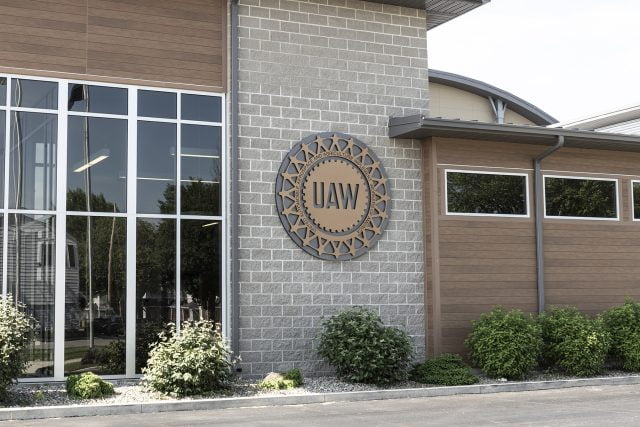
A Few Companies Have Increased Their 401(k) Match in the Wake of the Tax Bill
Alicia H. Munnell is a columnist for MarketWatch and senior advisor of the Center for Retirement Research at Boston College.
Bottom line impact on workers depends on the extent of the response and on how Congress decides to pay for the money it is borrowing to finance the corporate tax cut.
A reporter called recently to ask what I thought about some companies sweetening their 401(k) plans in response to the tax cut. It took me a little while to think about the issue. Here’s where I came out.
First, I was pleasantly surprised that some companies decided to make such an immediate and visible response. During the debate on taxes, critics suggested that most of the benefits of the $1.3 trillion reduction in business taxes from lowering the corporate tax rate would go to the owners and not be shared with the workers. The fact that some companies are sensitive to this issue and have made a gesture is nice news.
Second, improvement in the company’s 401(k) match seems like a more substantive change than the far more popular option of paying $1,000 bonuses. It is more likely to be permanent and also recognizes that 401(k) contribution rates are woefully low. A current list (as of January 12), however, shows that of 150 companies reporting an increase in compensation as the result of the tax legislation, only eight increased their 401(k) match:
- Aflac increased its match from 50 percent to 100 percent on the first 4 percent of compensation (plus a one-time contribution of $500);
- Visa increased the base for its 200-percent match from 3 percent to 5 percent of base salary;
- Advance Financial, Eberle Communications Group, Nationwide Insurance, Peoples Bank & Trust, SunTrust Banks, Inc., and Western Alliance Bancorp also increased matching contributions.
Third, at this point, it is premature to assess the meaningfulness of these corporate gestures. Company profits – all else equal — will be $1.3 trillion higher over the next 10 years because of the reduction in the corporate tax rate. So far, the changes look like between $1,000 and 2,000 per affected worker and only a few million of the nation’s 125 million private sector workers have seen a change.
Finally, the government is borrowing money to finance this cut in the corporate tax rate. A final assessment must wait until we see how the loan is repaid. The current plan involves trying again to repeal the Affordable Care Act, cutting Medicaid sharply, and cutting basic food assistance to low-income families. These changes will hurt lower-paid workers.
So, it’s always nice to see employers raise their 401(k) match. But, in the end, providing tax relief to business by borrowing the money is likely to end up hurting vulnerable workers.







